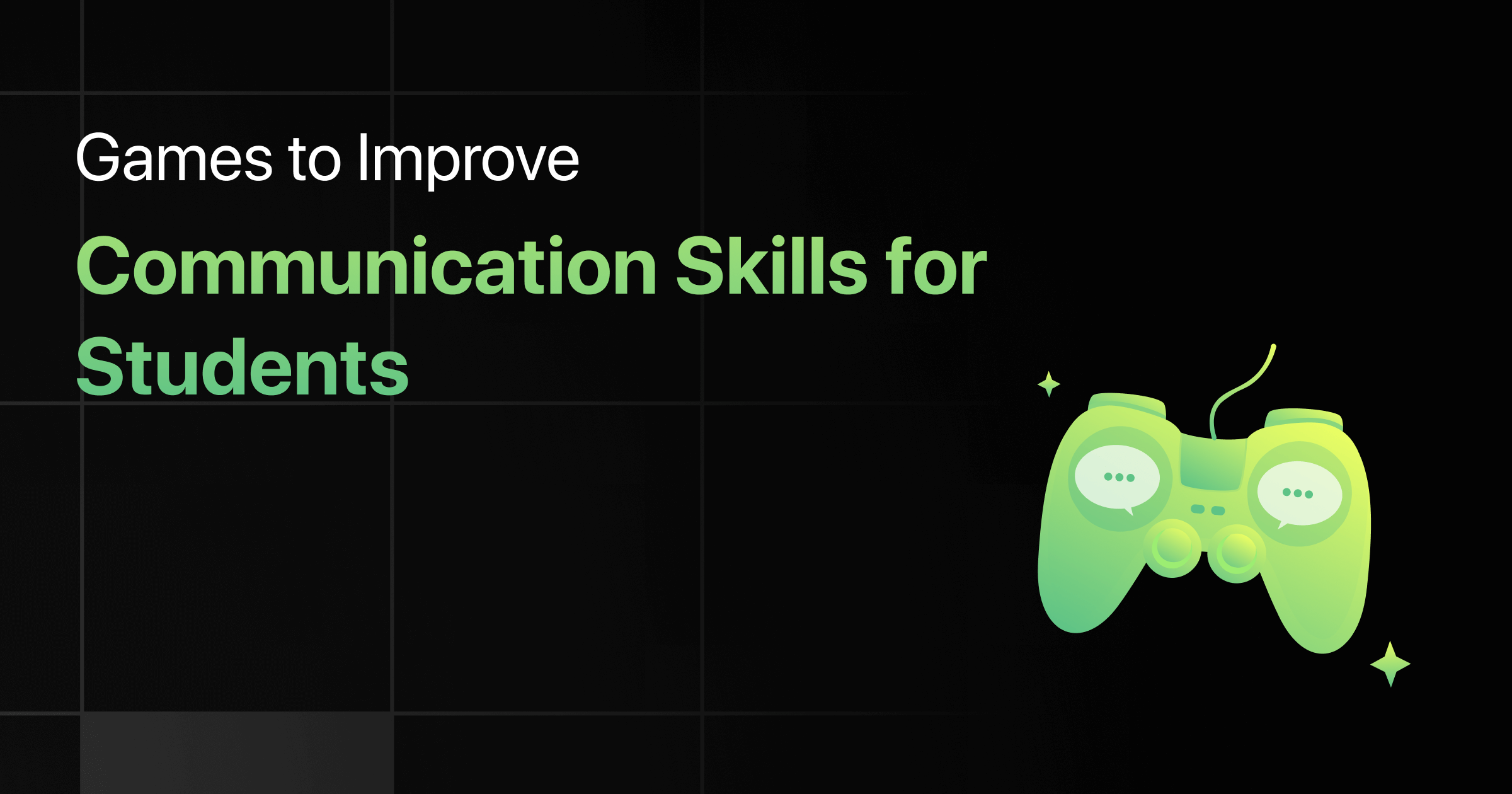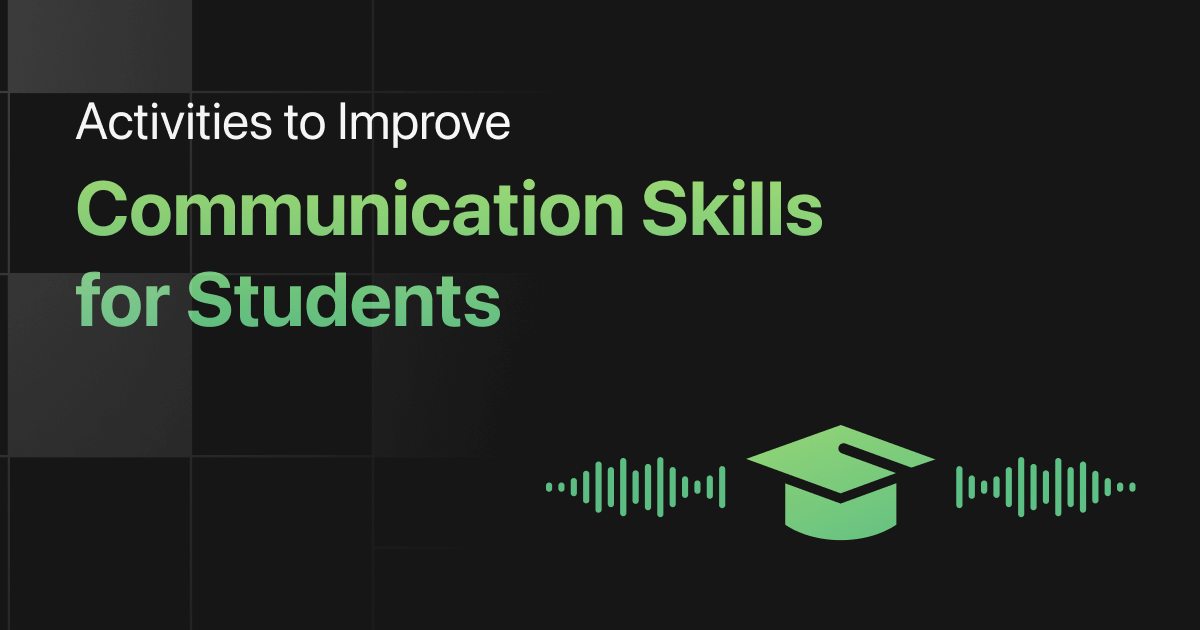Best Books to Improve Communication Skills
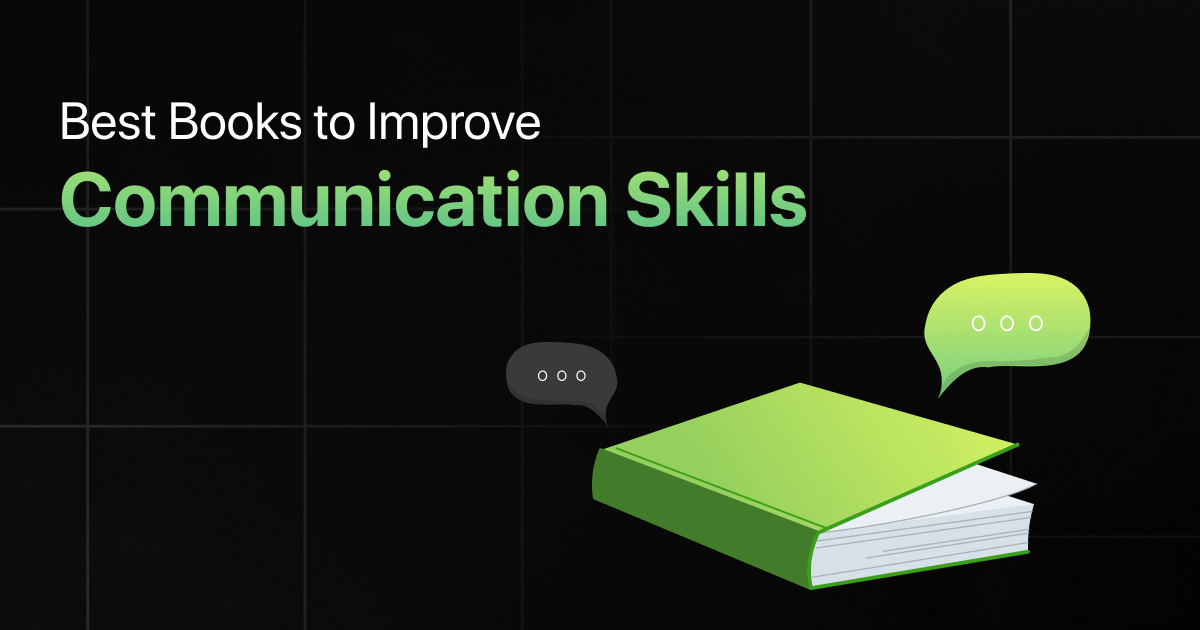
Are you a student who wants to improve your communication skills and become a better communicator? Effective communication is essential in every aspect of life, from personal relationships to professional settings.
Whether you struggle with public speaking, writing, or simply conveying your thoughts and ideas clearly, there are many resources available to help you improve.
So, if you’re ready to take your communication skills to the next level, read on to discover the top books you should add to your reading list.
Best Books to Improve Communication Skills for College Students
The following are the best books to improve communication skills for college students:
1. How to Win Friends and Influence People by Dale Carnegie

Book Title: How to Win Friends and Influence People
Author: Dale Carnegie
Genre: Self-help, Communication Skills, Personal Development
First Published: 1936
Number of Pages: 288 pages
Publisher: Simon & Schuster
Language: English
Synopsis:
How to Win Friends and Influence People is a self-help book that focuses on practical tips for improving interpersonal communication and relationships.
The book is divided into four parts:
- “Fundamental Techniques in Handling People”
- “Six Ways to Make People Like You”
- “How to Win People to Your Way of Thinking”
- “Be a Leader: How to Change People Without Giving Offense or Arousing Resentment”
Throughout the book, Dale Carnegie emphasizes the importance of treating people with respect and kindness, listening to their perspectives, and finding common ground. He also provides practical advice on how to handle difficult situations and communicate more effectively.
Key Takeaways:
- Treat people with respect and kindness.
- Listen to people and try to understand their perspectives.
- Find common ground and focus on areas of agreement.
- Avoid criticizing or blaming people.
- Use positive language and give sincere appreciation.
- Be open to feedback and willing to admit mistakes.
- Seek win-win solutions and be willing to compromise.
- Use stories and examples to make your point.
- Lead by example and inspire others to follow.
2. The Power of Now by Eckhart Tolle

Book Title: The Power of Now
Author: Eckhart Tolle
Genre: Spiritual Self-help
First Published: 1997
Number of Pages: 236
Publisher: New World Library
Language: English
Synopsis:
The Power of Now is a spiritual self-help book written by Eckhart Tolle, a renowned spiritual teacher, and author.
The central theme of the book is the importance of living in the present moment and embracing the power of now. Tolle argues that most people are trapped in their minds, constantly dwelling on the past or worrying about the future, and as a result, they are unable to fully experience the present moment.
Through a series of insights and meditations, Tolle encourages readers to let go of their thoughts and emotions and to connect with the present moment.
Key Takeaways:
- The present moment is all we have, and it is the only moment where we can find true happiness and inner peace.
- We are not our thoughts or our emotions; we are the awareness behind them.
- By focusing on the present moment and accepting what is, we can transcend our egoic mind and connect with our true essence.
- Mindfulness and meditation can help us cultivate a deeper awareness of the present moment and enhance our overall well-being.
3. Unleash the Power of Storytelling: Win Hearts, Change Minds, Get Results by Rob Biesenbach

Book Title: Unleash the Power of Storytelling: Win Hearts, Change Minds, Get Results
Author: Rob Biesenbach
Genre: Non-fiction, Communication Skills
First Published: 2018
Number of Pages: 196
Publisher: Eastlawn Media
Language: English
Synopsis:
Unleash the Power of Storytelling is a practical guide that explores the art of storytelling and its impact on communication.
The book is divided into three sections that includes:
- The fundamentals of storytelling
- The different types of stories
- How to apply storytelling to different scenarios
The author includes real-world examples and practical exercises to help readers develop their storytelling skills and apply them in their personal and professional lives.
Key Takeaways:
- The importance of understanding your audience and tailoring your stories to their needs and interests.
- How to structure a story for maximum impact, including creating tension, using sensory details, and building emotional connections.
- The different types of stories and how to use them in various situations, such as to persuade, inspire, or inform.
- How to use storytelling in business, including for branding, marketing, and leadership communication.
- The power of storytelling in building relationships and creating empathy.
4. Five Stars: The Communication Secrets to Get from Good to Great by Carmine Gallo

Book Title: Five Stars: The Communication Secrets to Get from Good to Great
Author: Carmine Gallo
Genre: Non-fiction, Business, Communication Skills
First Published: 2018
Number of Pages: 256 pages
Publisher: St. Martin’s Press
Language: English
Synopsis:
Five Stars by Carmine Gallo is a comprehensive guide to mastering communication skills and unlocking your full potential in your personal and professional life. Gallo shares insights and advice from top performers in various fields, including business leaders, athletes, and celebrities, and distills their strategies into actionable tips that readers can apply in their own lives.
Throughout the book, Gallo emphasizes the importance of storytelling, persuasion, and empathy in effective communication.
Key Takeaways:
- The importance of storytelling in communication and how to craft a compelling narrative.
- The power of empathy in building connections with others and understanding their perspectives.
- Strategies for delivering effective presentations and overcoming public speaking anxiety.
- How to use persuasion techniques to influence and persuade others.
- The importance of continuous practice and feedback in improving communication skills.
5. The Definitive Book of Body Language, by Barbara Pease and Allan Pease
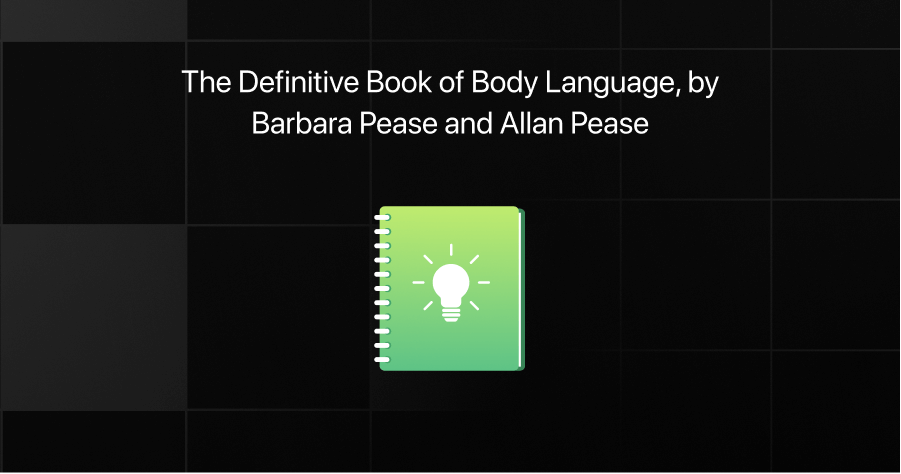
Book Title: The Definitive Book of Body Language
Author: Barbara Pease and Allan Pease
Genre: Non-fiction, Psychology
First Published: 2004
Number of Pages: 400
Publisher: RHUS
Language: English
Synopsis:
The Definitive Book of Body Language is a comprehensive guide to understanding nonverbal communication. The book explores how body language can reveal a person’s true thoughts, feelings, and intentions, and provides practical tips for interpreting and using body language in various situations.
Key Takeaways:
- Learning to interpret common body language cues such as facial expressions, hand gestures, and posture
- Understanding cultural differences in body language.
- How to use body language effectively in various settings, from job interviews to romantic relationships.
Final Words
Communication skills are essential for success in any field. To improve your communication skills, it is important to practice regularly and seek guidance from experts. One way to do this is by reading books on communication skills.
We encourage you to share your thoughts and experiences with us in the comments section below. Have you read any of these books? Do you have any other recommendations for books on communication skills? We would love to hear from you!
FAQs
Yes, reading books on communication skills can be a great way to improve your communication abilities. Books can provide you with valuable insights, tips, and strategies that you can apply in your daily life.
Reading books on communication skills can improve your communication skills in several ways. Firstly, they can provide you with new insights and ideas that you can apply in your daily life.
Secondly, they can help you develop a better understanding of the different aspects of communication, such as body language, voice modulation, and persuasion.
Finally, reading books can help you practice your communication skills and build your confidence in communicating with others.
Some of the best books on communication skills include:
- How to Win Friends and Influence People by Dale Carnegie
- The Power of Now by Eckhart Tolle
- Unleash the Power of Storytelling: Win Hearts, Change Minds, Get Results by Rob Biesenbach
- Five Stars: The Communication Secrets to Get from Good to Great by Carmine Gallo
- The Definitive Book of Body Language, by Barbara Pease and Allan Pease
The best book to improve your communication skills will depend on your specific needs and interests. However, some of the most highly recommended books in this field include:
- How to Win Friends and Influence People by Dale Carnegie
- The Power of Now by Eckhart Tolle
- Unleash the Power of Storytelling: Win Hearts, Change Minds, Get Results by Rob Biesenbach
- Five Stars: The Communication Secrets to Get from Good to Great by Carmine Gallo
- The Definitive Book of Body Language, by Barbara Pease and Allan Pease
Related Posts
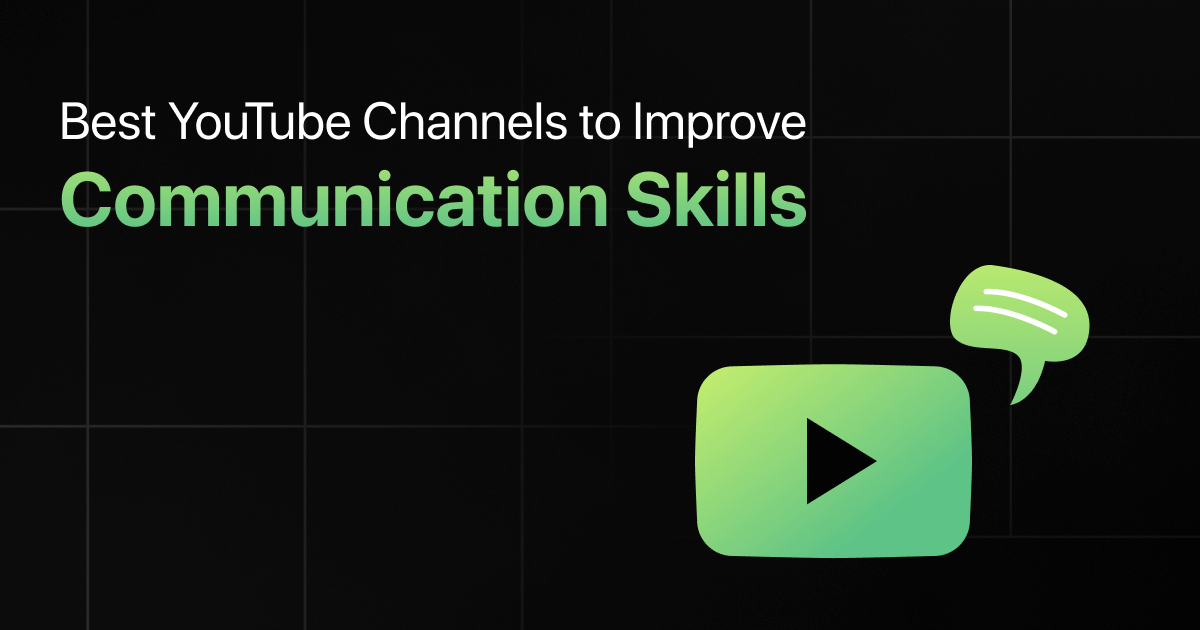

Best YouTube Channels to Improve Communication Skills
Are you struggling to effectively communicate with others? Do you want to improve your public speaking or presentation skills? Look …
Warning: Undefined variable $post_id in /var/www/wordpress/wp-content/themes/placementpreparation/template-parts/popup-zenlite.php on line 1050





